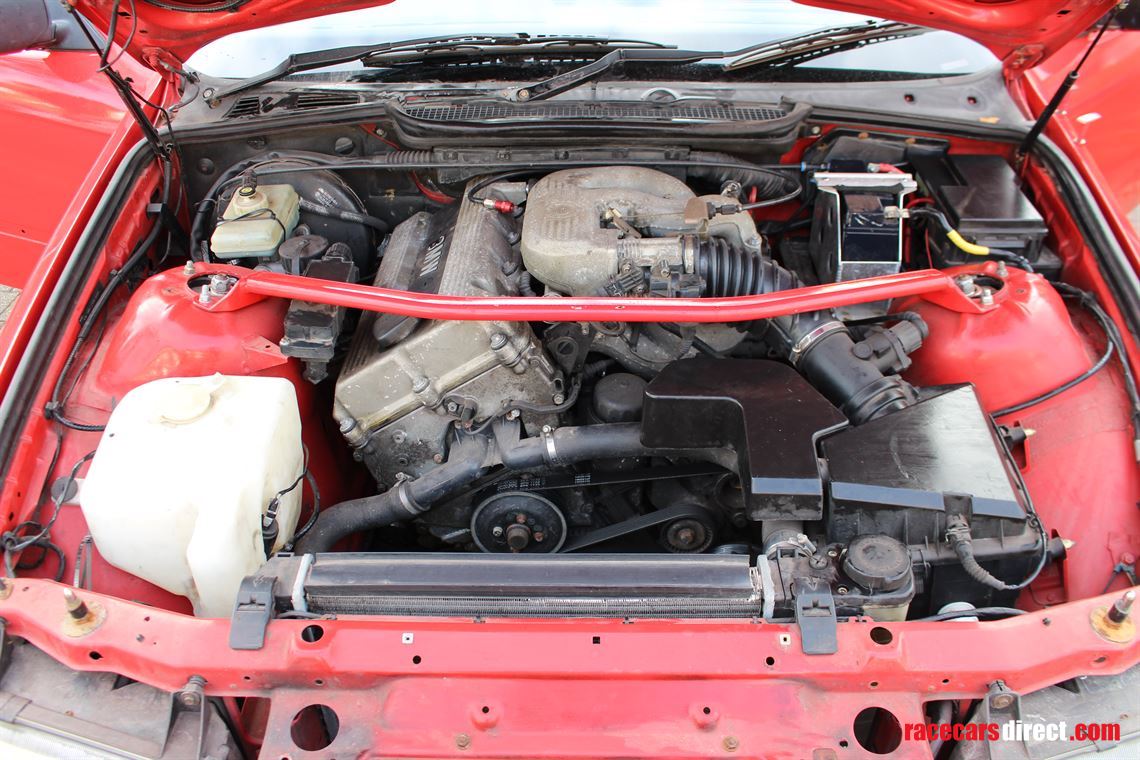Secret Functions to Try To Find When Investing In an Engine for Automotive Applications
When considering the purchase of an engine for automotive applications, several essential features warrant careful evaluation to ensure optimal efficiency and capability. From power and efficiency abilities to sustain durability, effectiveness, and adherence to emissions criteria, each element plays an essential role in determining the engine's viability for certain automobile demands. Cost-effectiveness remains a crucial aspect in the decision-making process, stabilizing quality with economic factors to consider. These functions collectively add to the overall performance and reliability of the engine, affecting the driving experience and long-term satisfaction of the individual.
Power and Efficiency
When picking an auto engine, customers prioritize power and performance to ensure optimal driving experience and performance. A well-performing engine not only delivers power efficiently yet likewise operates smoothly throughout different rate arrays and driving problems.
Customers usually take into consideration the engine's torque outcome alongside its power ranking. Torque, determined in pound-feet (lb-ft) or Newton-meters (Nm), reflects the engine's rotational pressure, influencing the automobile's capacity to tow, climb inclines, and accelerate from grinding halt. A balance in between power and torque is vital for accomplishing a receptive and flexible driving experience. Additionally, variables such as engine crossbreed, variation, and turbocharging modern technologies play considerable duties in improving both power and efficiency levels. Inevitably, selecting an engine that uses a potent mix of power and performance guarantees a enjoyable and effective driving experience. bmw 318ti.
Fuel Efficiency
Enhancing gas efficiency is a vital factor to consider for consumers when assessing vehicle engine alternatives. Modern engines with features like straight gas shot, turbocharging, and variable shutoff timing can considerably improve gas performance by boosting combustion processes and decreasing power loss.

Resilience and Integrity
Accomplishing lasting efficiency and trustworthy operation is crucial for consumers reviewing the toughness and reliability of automobile engines. When thinking about an engine for automotive applications, toughness refers to the engine's capability to endure wear, stress and anxiety, and extreme operating conditions over a prolonged duration. Reliability, on the various other hand, indicates that the engine can regularly execute its intended function without unexpected malfunctions or failings.
Consumers must look for engines constructed with high-grade materials and accurate design to ensure longevity. Parts such as bearings, crankshafts, and pistons ought to be long lasting to take care of the engine's power output without premature wear. Furthermore, engines furnished with innovative air conditioning systems, effective lubrication, and robust filtration systems have a tendency to show greater degrees of integrity.
Regular maintenance and adherence to producer suggestions are likewise vital consider maintaining an engine's durability and reliability. By adhering to upkeep schedules, using recommended fluids, and addressing any type of issues immediately, consumers can maximize the life expectancy and efficiency of their automotive engines. Inevitably, prioritizing sturdiness and dependability in engine option can bring about a much more gratifying ownership experience with fewer unanticipated disturbances.
Exhausts Conformity
Making certain conformity with exhausts laws is a critical facet of examining automotive engines for ecologically mindful customers. With raising worries about air quality and ecological effect, rigorous discharges requirements have actually been placed in place worldwide to decrease dangerous toxins launched into the atmosphere. When acquiring an engine for vehicle applications, it is vital to consider its emissions conformity to minimize the carbon footprint and abide click by lawful needs.
Modern engines are outfitted with sophisticated emission control technologies such as catalytic converters, exhaust gas recirculation (EGR) systems, and careful catalytic decrease (SCR) to minimize harmful exhaust gases like nitrogen oxides (NOx), carbon monoxide gas (CO), and hydrocarbons (HC) These systems play a vital function in making certain that the engine fulfills the defined discharges requirements and runs within acceptable restrictions.

Cost-effectiveness
When thinking about automobile engine acquisitions, reviewing cost-effectiveness is vital for customers looking for both performance and worth. Cost-effectiveness in engine acquisition involves greater than just the initial acquisition cost. It incorporates the general expenditures associated with upkeep, gas usage, and prospective repair services over the engine's lifespan. Choosing an engine that offers an equilibrium in between upfront expenses and long-lasting financial savings can lead to substantial benefits for the customer.
One key aspect of cost-effectiveness is fuel effectiveness. Engines that are created to take full advantage of fuel economy can lead to considerable savings over time, especially for individuals who drive often or over cross countries. Furthermore, taking into consideration the accessibility and cost of spare components and servicing can contribute to the overall cost-effectiveness of an engine. Ensuring that upkeep and repair work are affordable and available can protect against unexpected economic worries down the line.

Final Thought
Finally, when buying an engine for automotive applications, it is critical to think about vital features such as power and performance, gas dependability, sturdiness and efficiency, my website discharges conformity, and cost-effectiveness. These factors are crucial in guaranteeing that the engine meets the requirements of the automobile and operates efficiently in different driving conditions - bmw 318ti. Making an informed decision based on these criteria will inevitably bring about a efficient and effective automotive engine acquisition
From power and efficiency capabilities to fuel effectiveness, toughness, and adherence to exhausts requirements, each element plays an essential duty in determining the engine's viability for details automotive needs. Engines made to run on alternative fuels such as electric power, crossbreed systems, or biofuels can supply enhanced fuel economic situation and reduced exhausts compared to typical fuel or diesel engines. Customers need to carefully think about the gas effectiveness scores and modern technologies incorporated into automobile engines to make enlightened acquiring decisions that line up with their concerns for price financial savings and sustainability.
When thinking about an engine for vehicle applications, sturdiness refers to the click resources engine's ability to stand up to wear, stress and anxiety, and harsh operating problems over a prolonged duration.In conclusion, when acquiring an engine for auto applications, it is essential to think about key attributes such as power and efficiency, fuel longevity, efficiency and reliability, emissions compliance, and cost-effectiveness.
Comments on “BMW 318ti: A Timeless Compact with Ageless Allure”